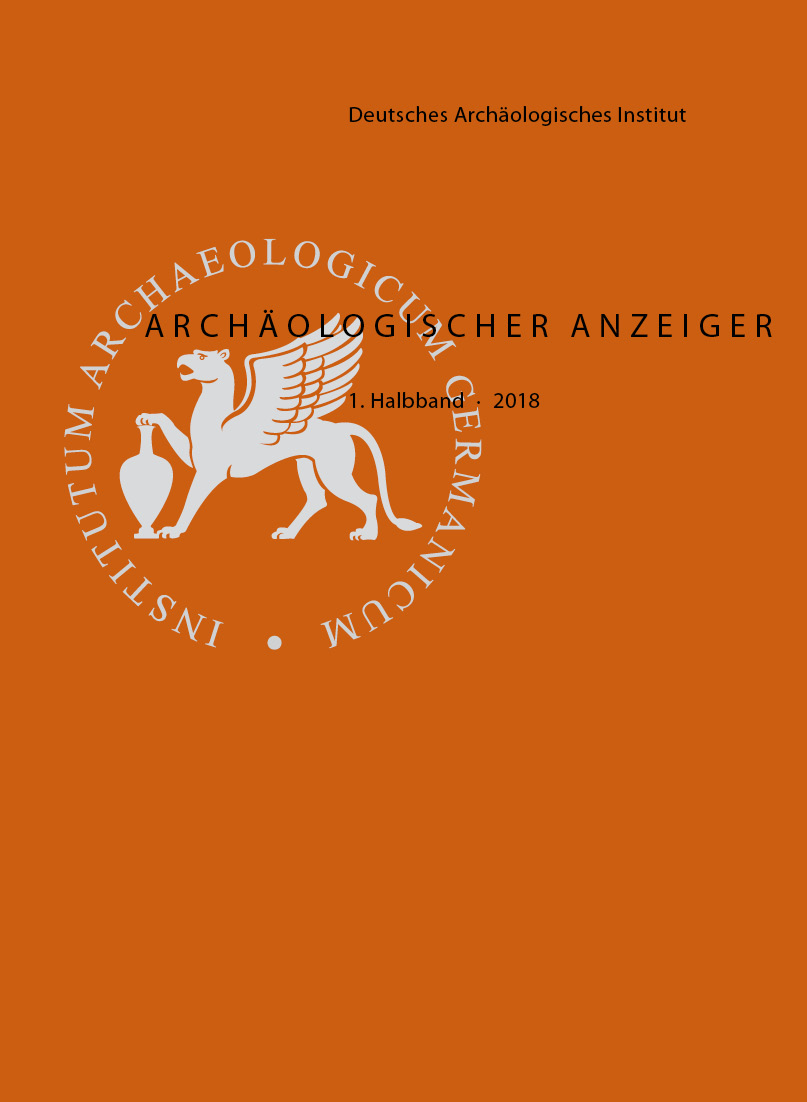›Opferrinnenzeremonie‹ and Potlatch. A Test Case of Intercultural Analysis
https://doi.org/10.34780/f4f9-a7tv
Abstract
The intention of this article is to contribute to exploiting – more than before in Classical Archaeology – the potential of intercultural comparison, namely between the archaeological records of Classical antiquity and ethnographically attested recent phenomena. The aim is not to apply research findings from one culture to the other, but first and foremost to broaden the perspective and render research questions more precise. To exemplify this, we compare and contrast the ›Opferrinnenzeremonie‹ (sacrificial trench ceremony), practised in Athens from the later 8th to the early 6th cent. B.C., and the potlatch, as manifested in the second half of the 19th cent. among Indian tribes on the American Northwest Coast. Prominent in both cases is the ostentatious consumption – to the point of destruction – of goods, conducted according to the rules of a religious or social rite. The evidence supports the assumption that, in the given society, the consumption of goods as a means of displaying property had an important function in gaining and confirming social status and prestige.Keywords:
Opferrinnenzeremonie, potlatch, Athens, intercultural comparison, consumption of goods
Downloads
Issue
Section
Artikel
Bibliographic Information and Reviews
How to Cite
Junker, K. (2020) “›Opferrinnenzeremonie‹ and Potlatch. A Test Case of Intercultural Analysis”, Archäologischer Anzeiger, 1, pp. 231–254. doi:10.34780/f4f9-a7tv.





